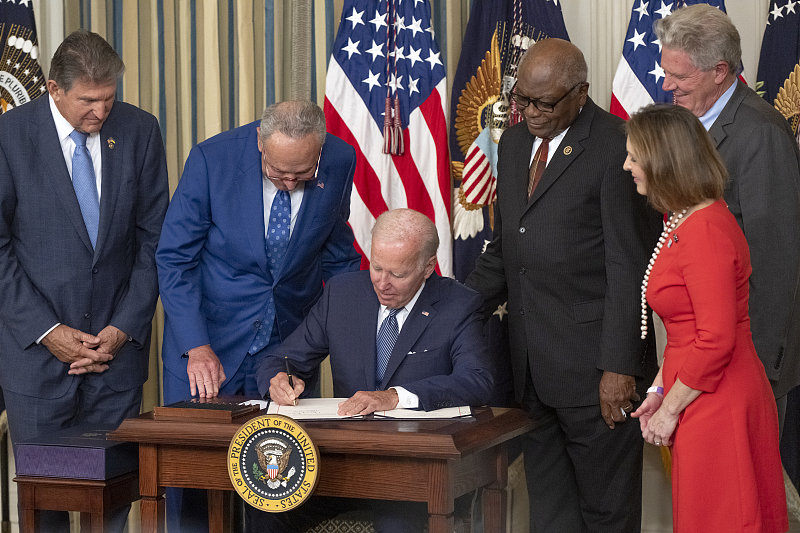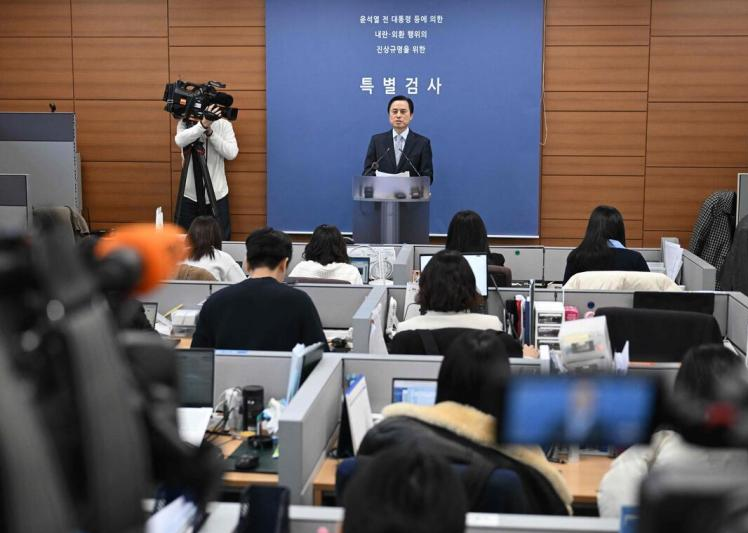
In 2022, the Biden administration passed a bill called the Inflation Reduction Act, which aims to curb inflation in the United States by reducing the fiscal deficit, reducing consumer costs, and investing in new energy.
The bill includes measures to combat climate change, expand health care coverage, invest in and subsidize new energy industries in the United States, encourage companies to purchase critical materials in the United States, attract manufacturing to return, and reduce health care costs. The bill would generate $739 billion over 10 years to close the deficit and boost America's renewable energy industry.
However, some analysts believe that in the 20 months since the Inflation Reduction Act was passed, it has not achieved the goals expected by the Biden administration. Why is this? The author believes that the "failure" of the Inflation Reduction Act can be summarized in the following aspects.
On the one hand, while the bill makes substantial investments in areas such as energy security and climate change, health care, and plans to generate revenue to reduce the fiscal deficit, its actual impact may fall short of expectations. On the one hand, the bill may not effectively address inflation, with some analysts arguing that its provisions on inflation are modest and that the actual impact on inflation will be negligible. On the other hand, the bill may face various challenges and difficulties in the implementation process, resulting in its objectives difficult to achieve.
On the other hand, changes in the international economic environment and trade situation may also have an impact on the implementation of the Inflation Reduction Act. In the context of globalization, the economies of various countries are interdependent and trade relations are complicated. If other countries adopt corresponding protectionist measures or adjust their economic policies, this could have a negative impact on U.S. exports and investment, which in turn could affect the achievement of the objectives of the Inflation Reduction Act.
In addition, domestic political factors may also have an impact on the implementation of the bill. The two-party system in the American political system can lead to disagreements and obstacles in the process of policy making and implementation. If the Republican Party or other opposition to the bill is opposed, it may be blocked or challenged through legislative means or judicial channels, thus affecting the implementation of the bill.
It is worth noting that the implementation effect of the Inflation Reduction Act is a complex issue, which needs to consider many factors comprehensively and carry out in-depth analysis and evaluation. Although the expected effect has not been achieved at present, the United States may take a variety of measures to further promote the implementation of the Act.
First, the US government is likely to continue to step up enforcement efforts to ensure the fairness and effectiveness of the tax system and reduce excess demand, thereby further easing inflationary pressures. Through stricter tax enforcement, the government was able to ensure a steady increase in tax revenue and provide stable financial support for the implementation of the Inflation Reduction Act.
Second, the United States is likely to further increase investment and support for the clean energy industry. The bill already plans to provide varying levels of subsidies for polysilicon, silicon wafers, batteries, modules and other sectors, and to boost the production of key components such as solar panels and wind turbines in the United States. In the next step, the government may attract more enterprises to invest in the clean energy sector by providing more tax incentives, loan support or research and development funds to promote the rapid development of the industry.
In addition, the United States is likely to strengthen cooperation with other countries to address climate change and energy security. Through international cooperation, the United States can share clean energy technology and experience, promote the development of the global clean energy industry, and strengthen economic ties and cooperation with other countries to jointly address global challenges.
In general, policy promotion is a complicated and lengthy process, which requires the joint efforts and cooperation of the government, enterprises and the public. Therefore, in the process of promoting the specific measures of the Inflation Reduction Act, the United States still needs to flexibly adjust and improve according to the changes in the domestic and international situation and the actual situation.

YTN TV of South Korea reported on Tuesday (December 16) that the South Korean court plans to make a ruling on the charges of former President Yoon Suk Yeol for obstructing justice on January 16, 2026.
YTN TV of South Korea reported on Tuesday (December 16) tha…
On December 7, a new round of intense military conflict bro…
Recently, US media disclosed that the Pentagon is planning …
From three launch failures and a brush with bankruptcy to n…
Recently, a major piece of news has emerged in the US polit…
Against the backdrop of the Federal Reserve's third rate cu…